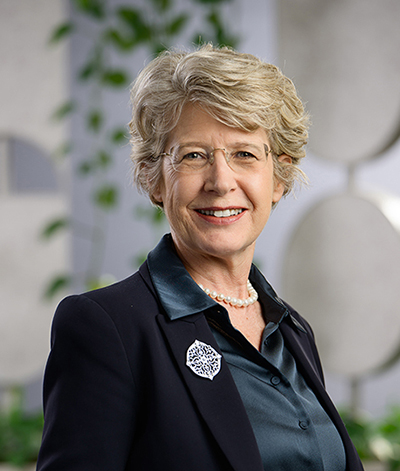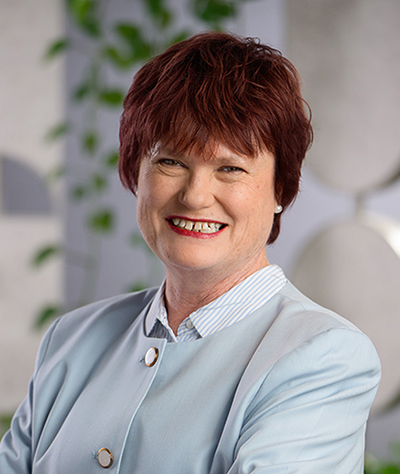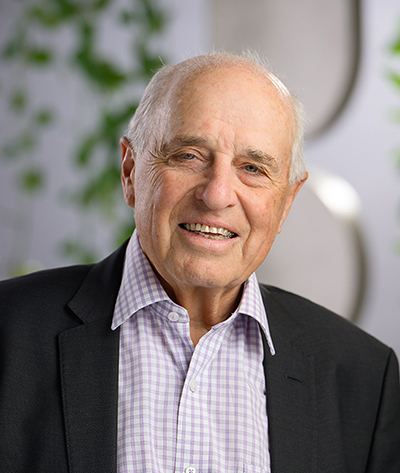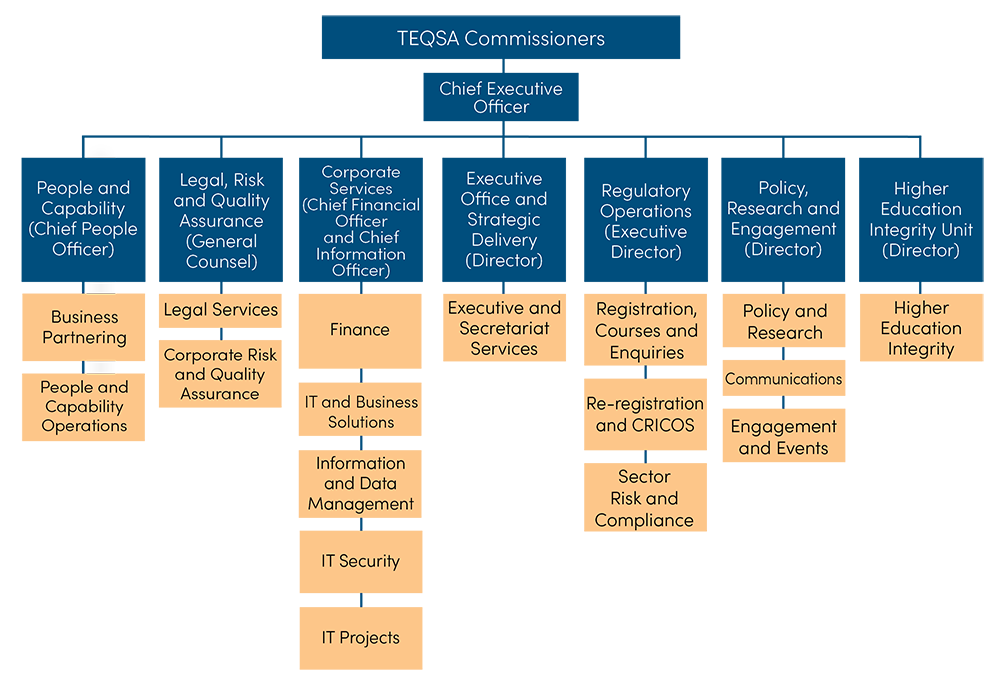TEQSA’s regulatory work with the sector, consultations with students and stakeholder roundtables has identified important opportunities to strengthen higher education providers’ student grievance and complaint mechanisms. Amid protests on university campuses, students reported a wide range of challenges, including difficulties accessing grievance and complaint processes and concerns about a lack of transparency in how complaints were handled and progressed. These concerns echo the results from the 2021 National Student Safety Survey1, indicating that pervasive and persistent issues are still affecting the sector.
This statement should inform the actions that registered higher education providers (providers) and their governing bodies take to assure themselves that they are meeting the Higher Education Standards Framework (Threshold Standards) 2021 (Threshold Standards) in relation to how they handle student grievances and complaints2. Following the Commonwealth Ombudsman’s Better Practice Complaint Handling Guide3, TEQSA understands a complaint to be an implied or express statement of dissatisfaction where a response is sought, reasonable to expect or legally required.
TEQSA’s regulatory expectations are grounded in the provisions of the Threshold Standards, particularly that:
- support offered to students is informed by, and meets the needs of, student cohorts (Standard 2.3.3)
- a provider’s grievance and complaint mechanisms are capable of resolving grievances about any aspect of a student’s experience with the provider, its agents or related parties (Standard 2.4.1)
- all students have opportunities to provide feedback on their educational experiences, which informs institutional monitoring, review and improvement activities (Standard 5.3.5)
- a provider’s governing body exercises competent oversight of, and is accountable for, all of the provider’s operations, including grievance and complaint mechanisms, and wellbeing and safety (Standard 6.1.1)
- a provider can demonstrate, and the governing body assure itself, that it is operating effectively and sustainably. This includes monitoring complaints, allegations of misconduct, breaches of academic integrity, and critical incidents, and taking action to address underlying causes (Standard 6.2.1.j).
TEQSA recognises that providers will meet these expectations in different ways depending on their student cohort, operating environment, and the various legislative requirements under which they operate.
These regulatory expectations apply to all provider grievance and complaint mechanisms that address various aspects of student wellbeing and safety. These include, but are not limited to, grievances and complaints concerning:
- provider decisions and actions that affect students
- student and staff behaviour.
TEQSA’s regulatory expectations
Student support
- Student grievance and complaint mechanisms include the following:
- information about complaint policies and procedures is advertised, clearly written, and easily accessible, including for students with diverse needs
- complainants who lodge a formal complaint are provided with clear information concerning:
- the complaints process, the scope of what the provider can consider, how personal information is handled by the provider, and typical outcomes that may result from the complaint process
- a timeline for resolution, including potential factors that may foreseeably and reasonably cause delays
- how to access the National Student Ombudsman (NSO) and other available external avenues of complaint resolution.
- complainants can:
- lodge complaints through multiple channels, for example, by phone, email or in-person
- make anonymous or confidential complaints, and are informed of how anonymity or confidentiality may impact the investigation, consideration or outcome of their complaint.
- student complainants or respondents who require support through a complaint process are referred, or receive provider-facilitated referral where appropriate, to suitable support services
- during the formal complaint process, complainants and respondents are provided with updates on the progress of a case at agreed intervals
- decisions about formal complaints are promptly communicated to complainants and respondents in writing, subject to relevant privacy obligations, outlining the activities undertaken to manage the complaint, any outcomes of the complaint, the reasons for those outcomes, and further avenues for appeal or review.
Policies
- Policies and procedures for grievance and complaint handling include the following:
- clear articulation of what constitutes a ‘complaint’, as distinguishable from other forms of contact providers may receive from students such as enquiries or feedback
- clear explanations of how complaints are handled consistently and the principles or processes adopted to ensure complaint handling is effective, consistent and fair
- processes for handling sensitive complaints (such as complaints concerning gender-based violence) are person-centred and trauma-informed4
- protections against the risk of reprisal or victimisation for students or staff raising grievances or complaints
- complaints concerning the behaviour of students or staff are assessed against policies that outline relevant matters such as academic and non-academic misconduct, rights of academic freedom and freedom of speech, and wellbeing and safety.
Staffing
- The provider’s staffing profile for complaints handling includes the following. That:
- sufficient staff are employed to manage the volume and complexity of complaints the provider typically receives
- staff allocated to handle, and those responsible for making decisions about, student grievances and complaints have appropriate training, including in:
- trauma-informed and person-centred practice
- supporting culturally and racially marginalised persons5
- the provider’s policies and procedures around complaints-handling
- if their role requires, administrative decision making.
- the early resolution of complaints is supported through triaging and appropriate empowering of staff with responsibilities to handle grievances and complaints
- the transfer of complaints casework between staff is minimised
- appropriate mitigations and supports are in place to respond to the wellbeing and safety needs of staff handling grievances and complaints and action is taken to address underlying risks.
Monitoring, review and improvement
- Monitoring, review and improvement of student grievance and complaint mechanisms are routinely undertaken, including:
- cyclic review and benchmarking of policies, procedures and complaints-handling training is undertaken to ensure they are fit for purpose and identify opportunities for improvement
- students who have engaged with formal complaints services as a complainant or respondent are invited to provide feedback on their experience
- the student body is invited to genuinely contribute to reviews and proposed changes to policies and procedures for student grievance and complaint handling. Student feedback is genuinely considered by the governing body and a summary of the provider’s responses to student feedback is provided to students who have engaged in the consultation process
- de-identified complaints data (including handling data) is analysed at least once every 6 months to identify themes and opportunities for improvements
- identified themes or opportunities for improvement are reviewed by the executive to inform their consideration and responses to key risks and actions
- barriers to making complaints are identified and reasonable steps are taken to minimise or remove these barriers.
Governance and accountability
- Expectations for governance and accountability include the following:
- a management culture that prioritises and resources complaints handling and values complaint data is promoted, with senior leaders demonstrating a firm commitment to review, design, manage and deliver processes and policies to improve grievance and complaint mechanisms
- the governing body assures itself that the provider (and contracted third parties) meet the current expectations and their obligations around student grievance and complaint management and maintaining the wellbeing of staff (including staff involved in complaints-handling)
- the governing body reviews a report of de-identified complaints data at least once every 6 months and can assure itself that any underlying causes of identified trends or issues are being adequately addressed. The report of de-identified complaints data reviewed by the governing body should:
- include analysis of complaint trends, identification of underlying causes, and actions taken to address underlying causes
- list the review and improvement activities undertaken related to complaint handling, including identification of areas for improvement, and actions taken to improve service delivery, and clearly identify delegations of authority and accountability.
Application of this statement
This statement of regulatory expectations applies to all higher education providers. TEQSA expects that all providers will actively work to demonstrate self-assurance in line with the expectations.
TEQSA acknowledges that some providers may have additional obligations under the:
TEQSA’s regulatory approach
TEQSA expects all higher education providers to review their student grievance and complaint mechanisms and implement necessary improvements. As part of their review process, providers should recognise that high or increasing complaint volumes do not necessarily imply systemic problems. For example, increased awareness of a provider’s complaint system will likely result in an increased volume of complaints.
Complaints are a valuable source of information to improve a provider’s operations. Providers should undertake regular and careful examination of complaints data and take appropriate actions to address underlying causes. An effective grievance and complaint mechanism is essential for this process.
As part of any regulatory activity, including re-registration or compliance assessments, TEQSA may require evidence of credible plans and demonstrable progress towards meeting these expectations. Providers must demonstrate that their governing body is maintaining appropriate oversight and assuring itself that the provider is meeting the Threshold Standards with regard to student grievances and complaints. When assessing compliance, TEQSA will also consider information from the National Student Ombudsman.
Annual reporting for Australian Universities
TEQSA expects that providers in the ‘Australian University’ provider category voluntarily publish annual complaints data. This recommendation is separate from the regulatory expectations set out above.
It is recommended that reports be publicly available and published in alignment with the provider’s publication of their annual report. For providers that do not already publish their complaints data, reporting should commence with publishing data for the 2026 calendar year. Care should be taken to ensure appropriate definitions of complaints and enquiries to avoid complaints being classified as enquiries in reported data.
At a minimum, TEQSA recommends that providers publish de-identified reports that set out:
- the total number of complaints received during the reporting period
- the number of each type of complaint, grouped in a transparent and accountable manner
- the number of complaints resolved
- the median timeframe to resolve complaints
- the number of unresolved complaints, including any outstanding complaints from previous reporting periods, and the average time since receipt of outstanding complaints
- the provider’s key performance indicators for managing complex complaints.
TEQSA may consider alternate reporting mechanisms with individual Australian Universities, or for all providers in the ‘Australian University’ provider category, subject to review of providers’ adoption of voluntary reporting.
Depending upon the sector’s response to risks around student grievances and complaints, TEQSA may expand the reporting requirements.
Review
This statement will be reviewed by TEQSA no later than 31 December 2026.
Notes
- Results - National Student Safety Survey.
- TEQSA recognises that providers may use the terms ‘grievances’ and ‘complaints’ in different ways, but we expect that providers will demonstrate a distinction between informal and formal complaint processes. For the purposes of this document, providers should also assume that, where relevant, reference to ‘grievance and complaint processes’ or ‘complaint handling processes’ also encompass appeals processes.
- Better Practice Complaint Handling Guide.
- A policy or procedure that is ‘person-centred’ aims to ensure a complainant’s needs and preferences are at the centre of decisions made in response to its disclosure. A policy or procedure that is ‘trauma-informed’ applies core principles of safety, trust, choice, collaboration and empowerment, aims to minimise the risk of re-traumatisation of a complainant, and promotes recovery and healing to the greatest extent possible.
- Persons who are culturally and racially marginalised are those who experience disadvantage because of their ‘cultural background, migration status, race or ethnicity’ (Australian Human Rights Commission: Speaking from experience, 2025, p. 5). Given the diversity of students in Australia’s higher education sector, appropriate training to support culturally and racially marginalised persons needs to be self-determined at the local level by relevant individuals and communities (The National Aboriginal and Torres Strait Islander Health Plan 2021–2031; Lowitja Institute: Cultural Safety in Australia, 2024).






